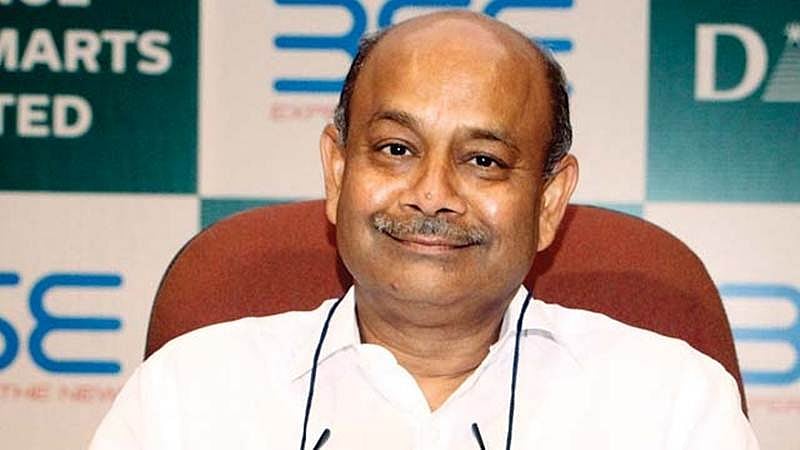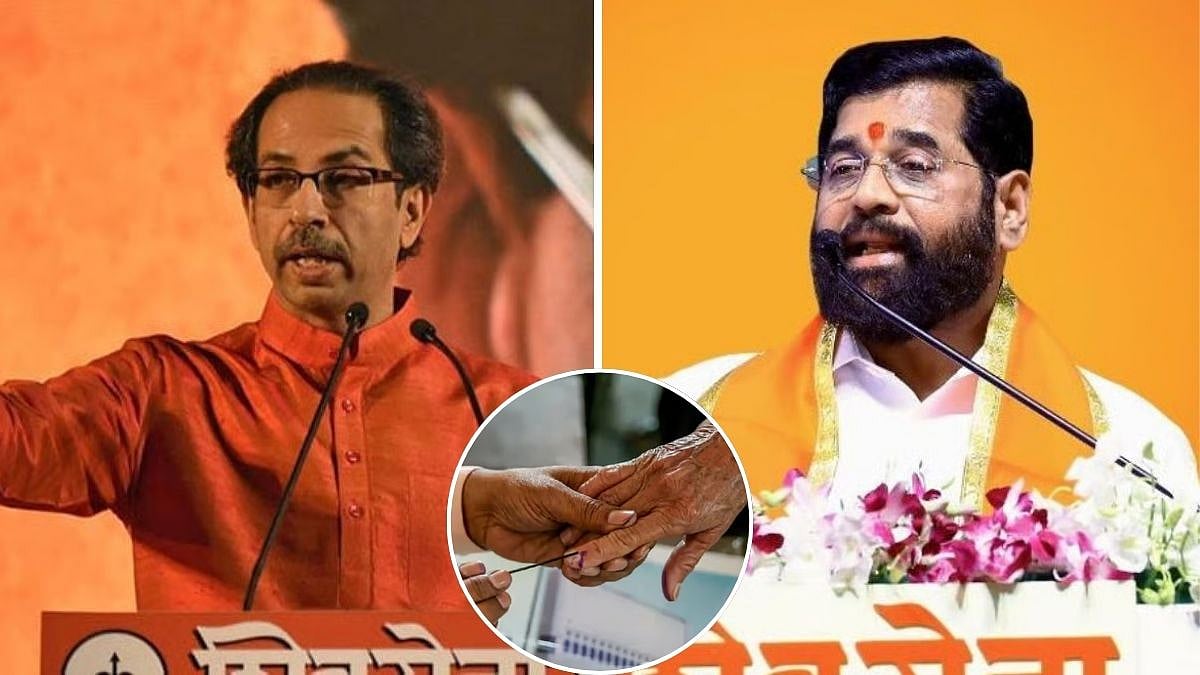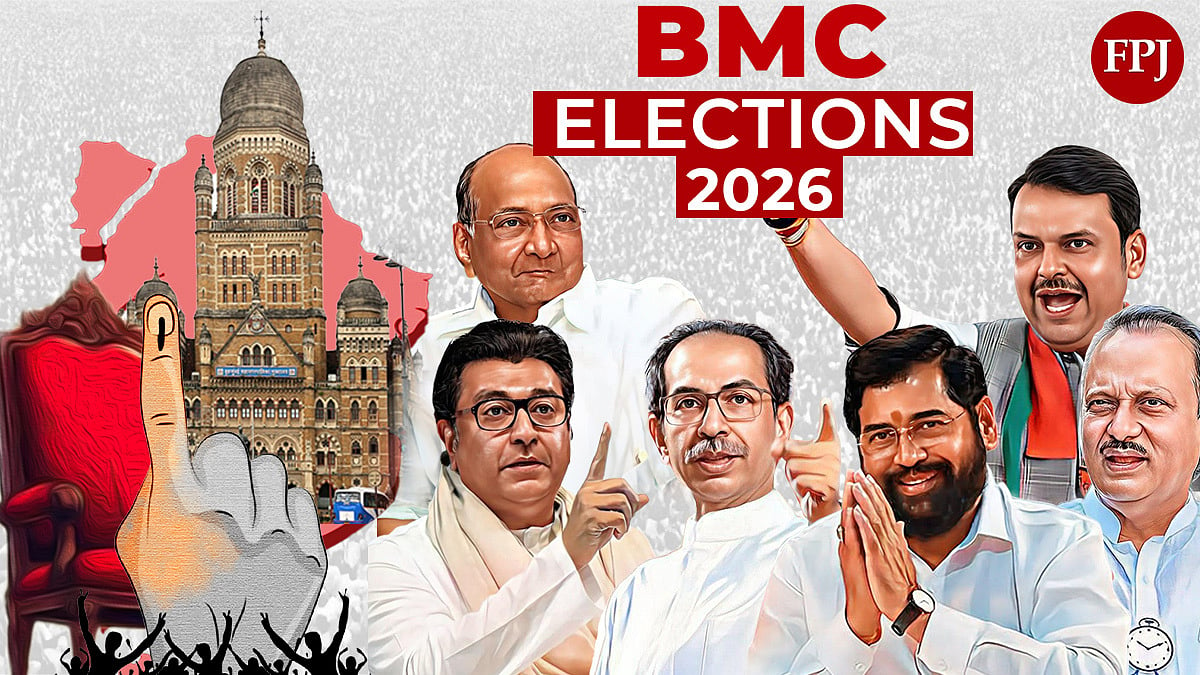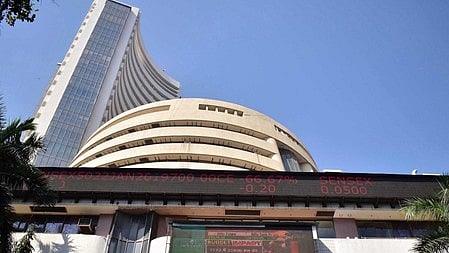Supermarket chain DMart's first store appeared in Powai, a suburb of Mumbai back in 2002, and managed to turn a profit in its first year of business. Over the years the Ambanis entered the space with Reliance Fresh and Birla's launched More but couldn't compete with local kirana stores the way DMart and Big Bazaar could. Eventually Kishore Biyani's Big Bazaar also fell, but Radhakishan Damani's DMart is standing strong despite challenges from e-groceries and corporate biggies.
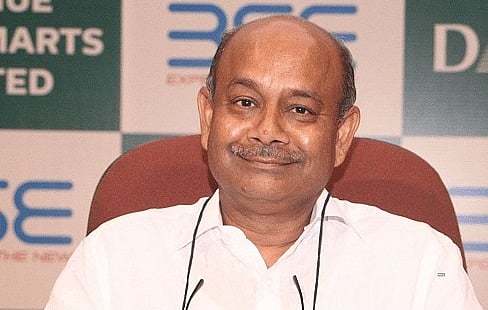
India's ace investor
The reclusive entrepreneur who now resides in a Rs 1,001 crore bungalow perched atop Mumbai's coveted Malabar Hill, also has the stock portfolio with the highest net worth in India. With stocks of 15 firms, worth a more than Rs 1.65 lakh crore, Damani has surpassed former Wipro Chairman Azim Premji as the top investor in India.
Considered as friend and a mentor by the late Rakesh Jhunjhunwala, who was himself considered the big bull of Indian stock markets, Damani started off as a maverick in Dalal Street.
Days as a D-street fighter
Back in the volatile decades of the 80s and 90s, Damani was one of the well known three R troika of Bombay Stock Exchange, who took on the notorious Harshad Mehta.
A college dropout, RD as Damani was popularly known, entered the stock market after his father's demise, following a sting as a trader for ball bearings.
By 32, RD had made his first investment and was locked in a battle with Mehta from the late 80s to 1992.
Unique short-selling technique to counter Harshad Mehta
While Mehta pumped money borrowed from banks into stocks to inflate their prices, Damani would short-sell them.
Short-selling means selling borrowed stocks of a firm to buy them back when prices fall, capitalising on the difference.
Sometime in 1987-88, Damani met Jhunjhunwala in Dalal street, and the two became close friends for life, while the latter considered Damani his guru.

The veteran in the stock market ring, finally decided to invest in India's retail sector, and is known for his unique business style.
What makes DMart different?
Damani pays for products upfront, which encourages vendors to offer goods at a lower price.
DMart prioritises profits, but makes sure it passes on discounts it gets from vendors, to its consumers as well.
This model has made DMart a successful retail chain, while Damani has remained focused on stability rather than pace during expansion.
Although many of his rivals, friends and competitors have enjoyed the media spotlight before fading away, the reclusive Damani has come to be known for his smart investments and business accumen.
